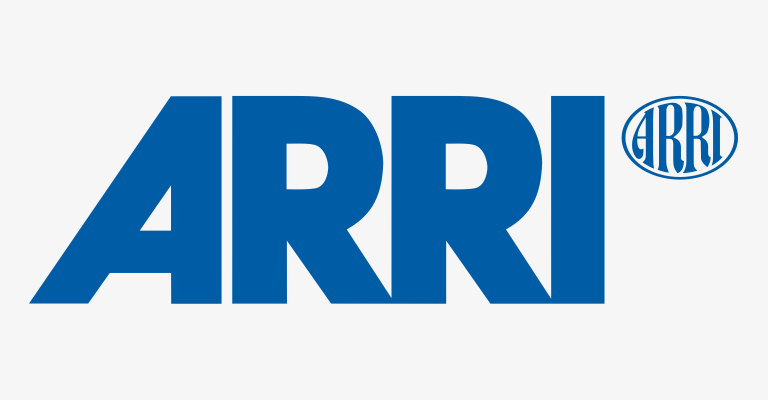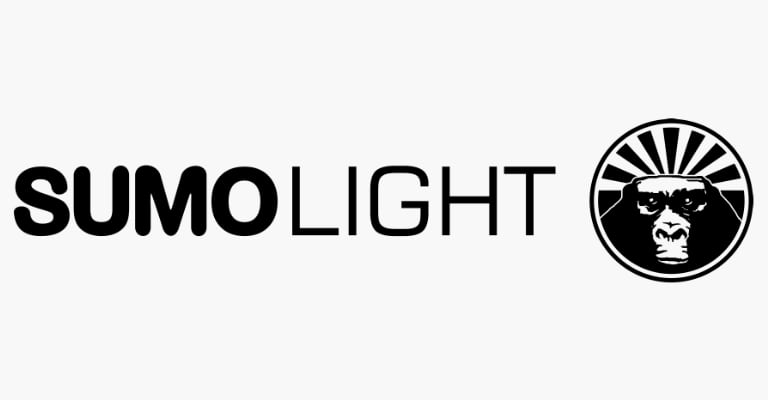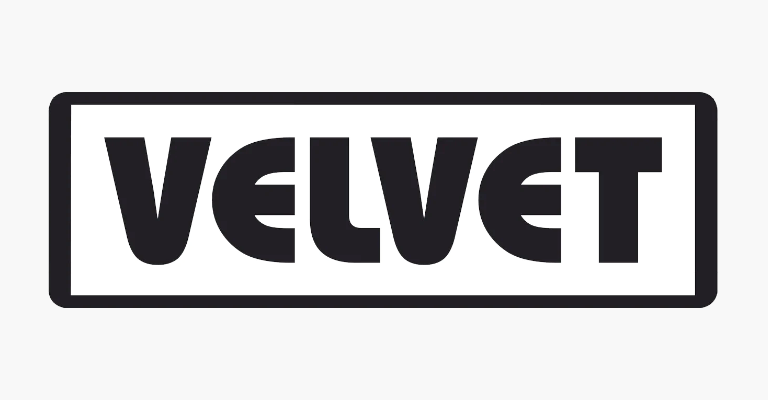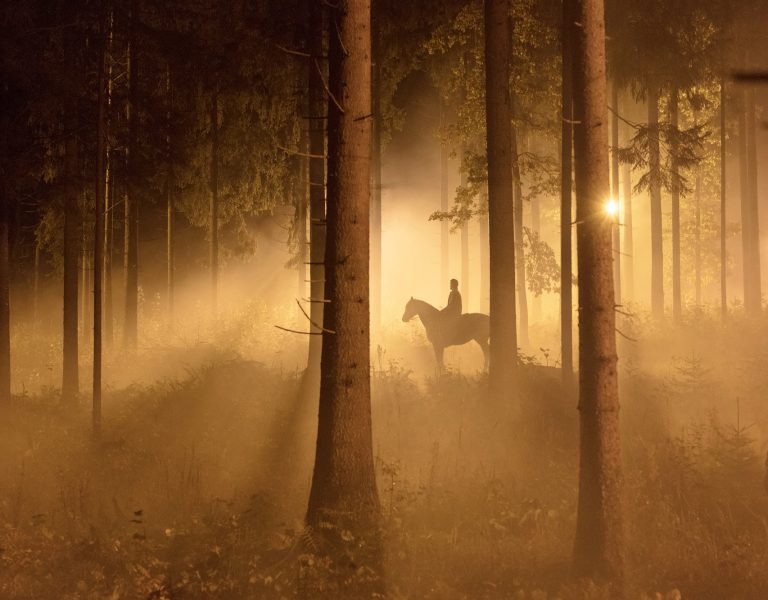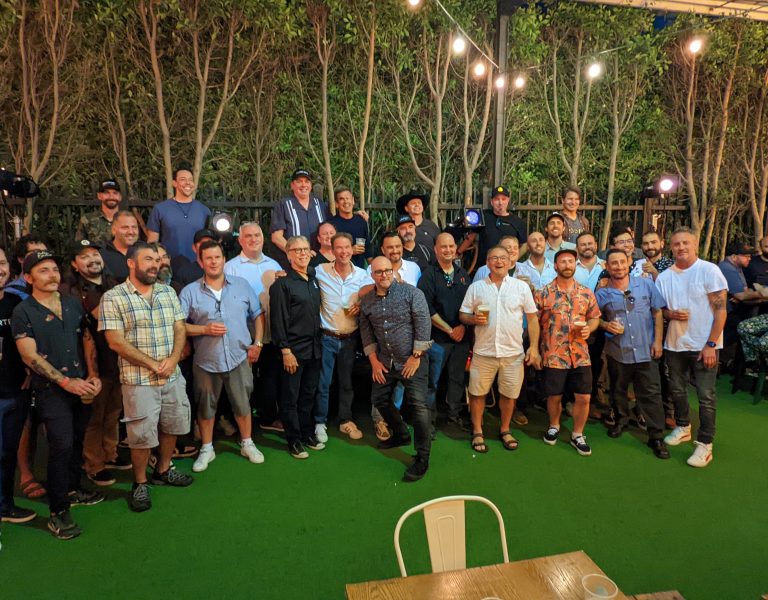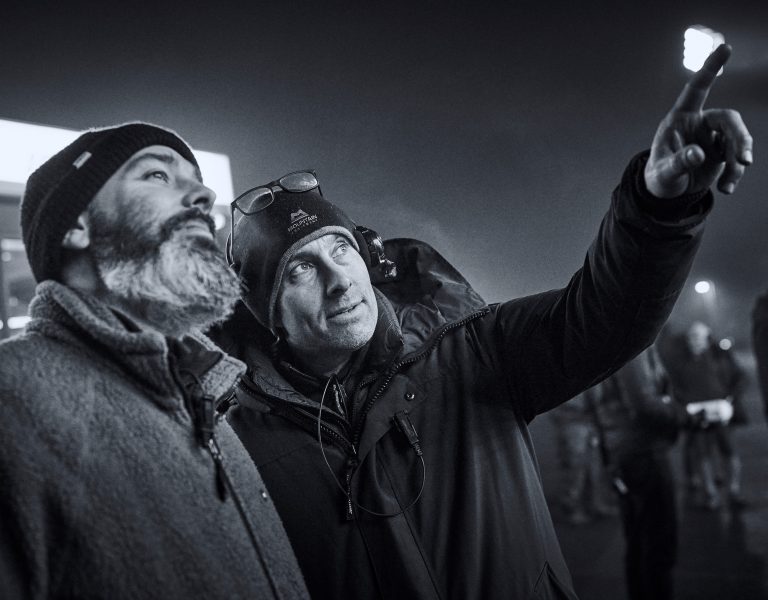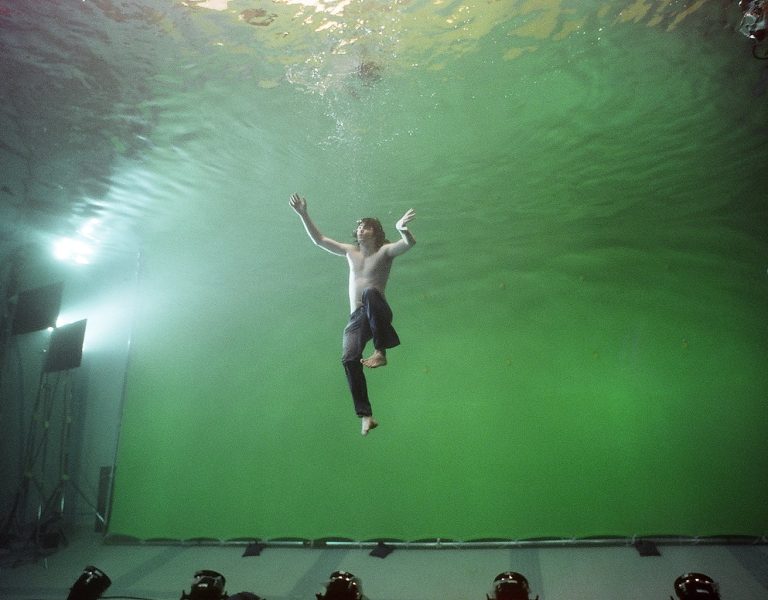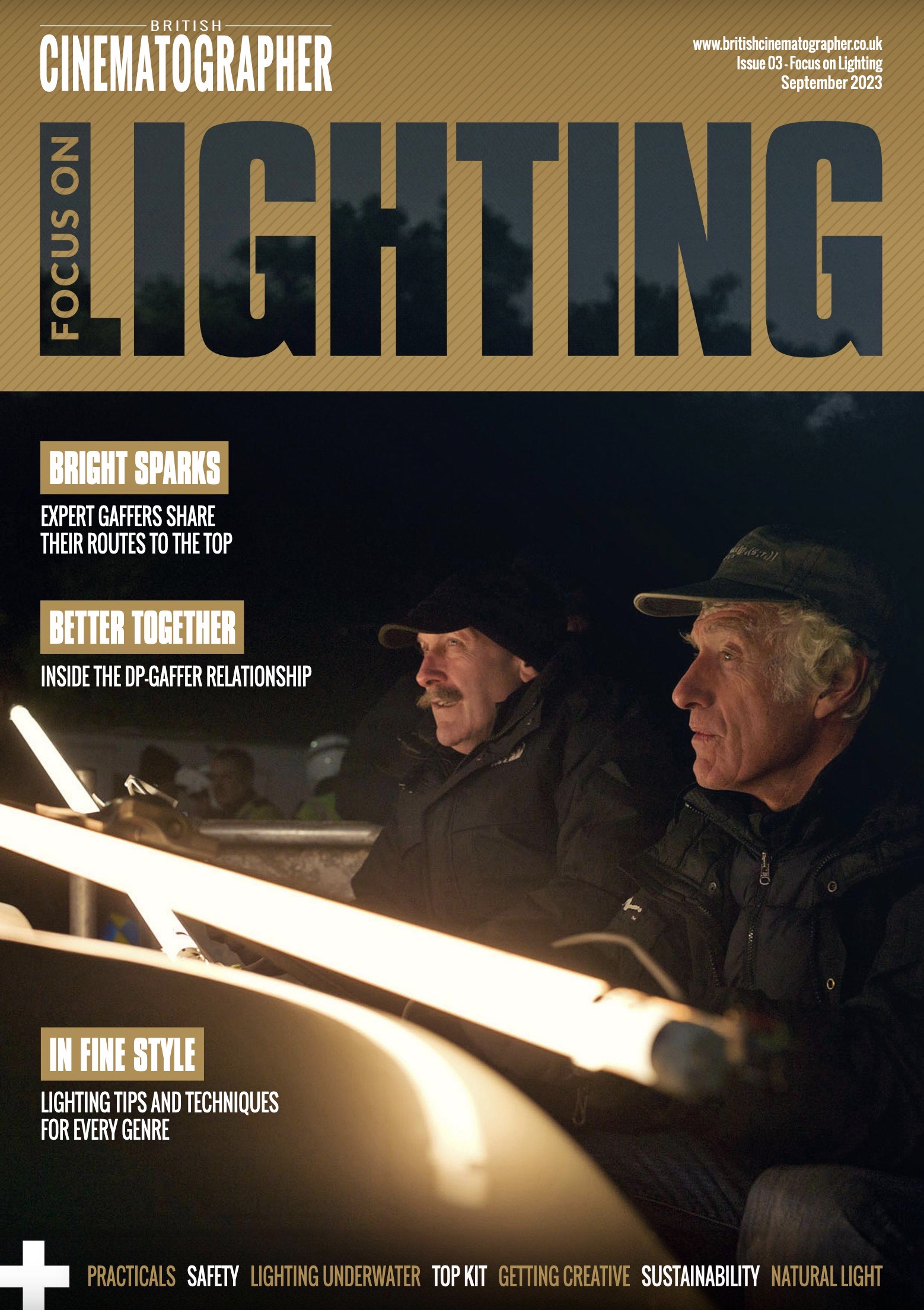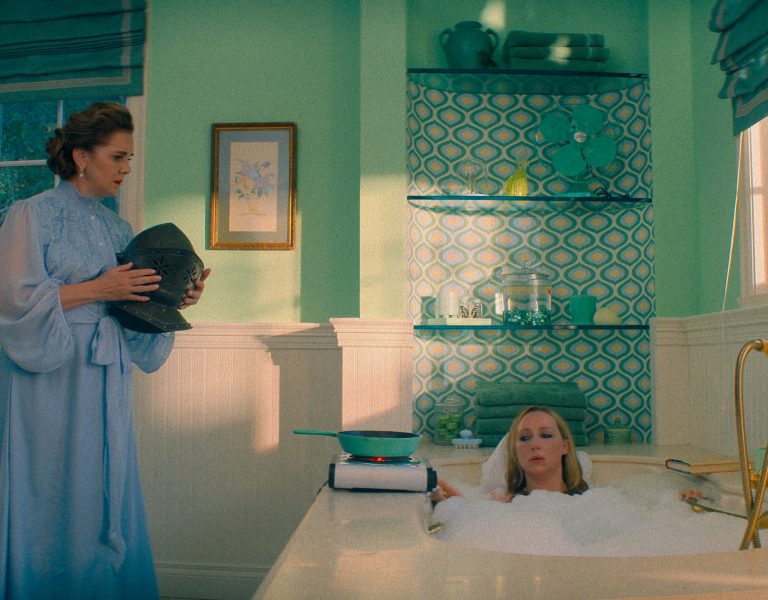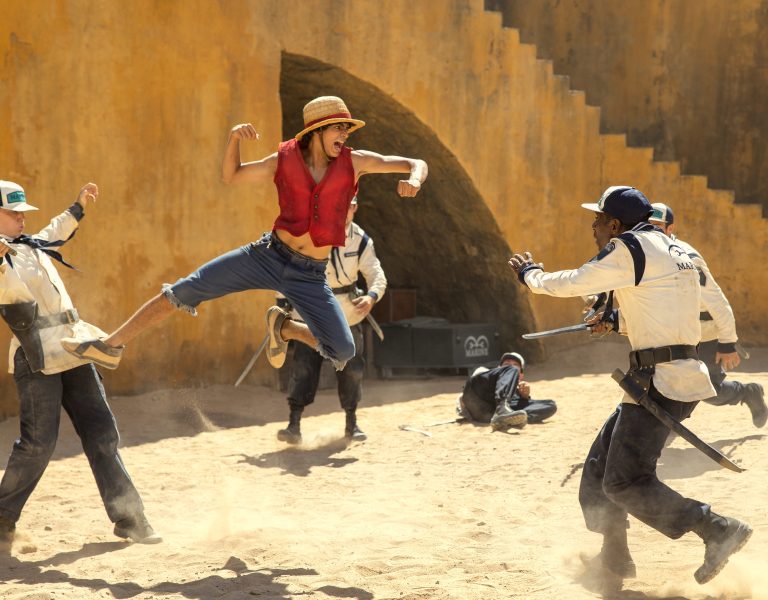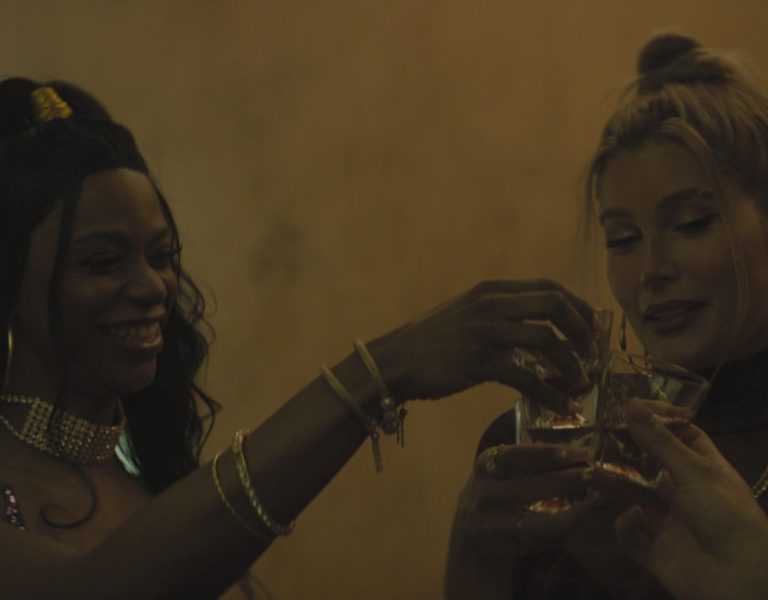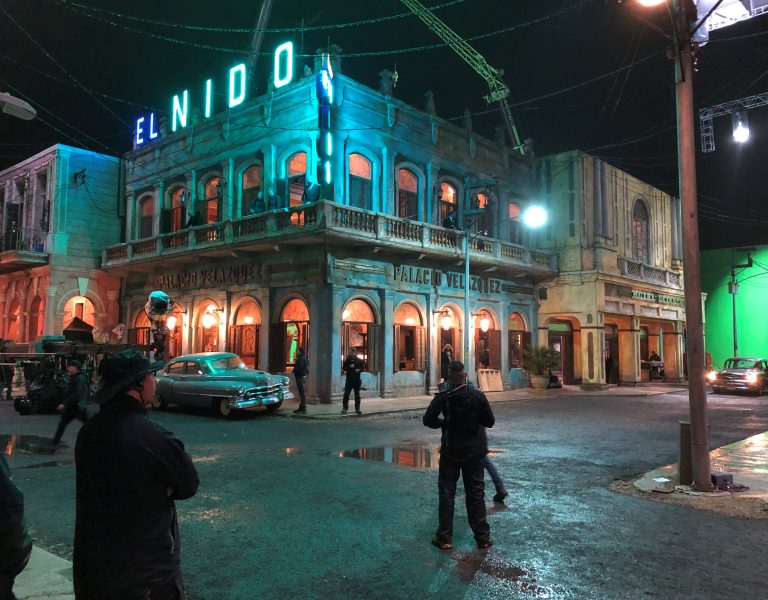A close-up look at the latest lighting trends.
The first thing that gaffer Julian White brings up is that, despite the fanfare still surrounding new releases, LED lights are no longer a new technology. “The first time I used an LED battery light was probably at least 13 years ago. The Asteras were one thing, the LiteGear Ribbons, the panels you could stick up. On car interiors, where you used to use a Micro-Flo, now you can put a fully bicolour, battery-operated wireless light which has changed the way we work tremendously.”
Exciting as those changes have been, White suggests that the gold rush of low power consumption might have distracted us from some other, equally influential benefits. “On a practical level, there’s wireless operation so you don’t have to go and touch it if you don’t want to. If it’s rigged in the air, you can do it remotely, that’s a big step. And battery, so you don’t have to run cables everywhere.”
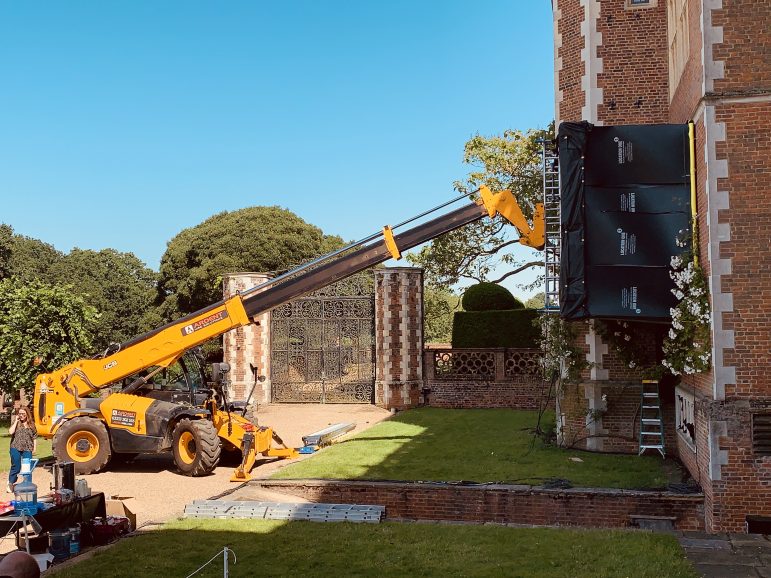
Running small lights from small batteries is not a new idea. Running big lights from big batteries is, and a timesaver in a way that Mills points out the lights themselves might not be. “LEDs are as heavy as traditional lights, if not heavier. There are heatsinks, fans – weight and size is a consideration. You’re getting a lamp that does the same as a 1K that’s twice the size.” The compensatory benefit has been the option to run those same lights from the sort of battery modules that ride around on wheels.
“With the progress in camera tech and lenses it’s a huge saving. It’s as much time as money, and being able to work more intuitively. I did Rebecca with Laurie Rose (BSC), and sometimes I just had two Astera tubes in my hand. There was no fuss, no stress, you can just put stuff where you need it.” The industry’s appreciation of those options is nothing new, but, as White puts it, “The bugbear is that everyone created LED soft lights. What we like in lighting is a big light that goes through a big lens. It creates character to the light.”
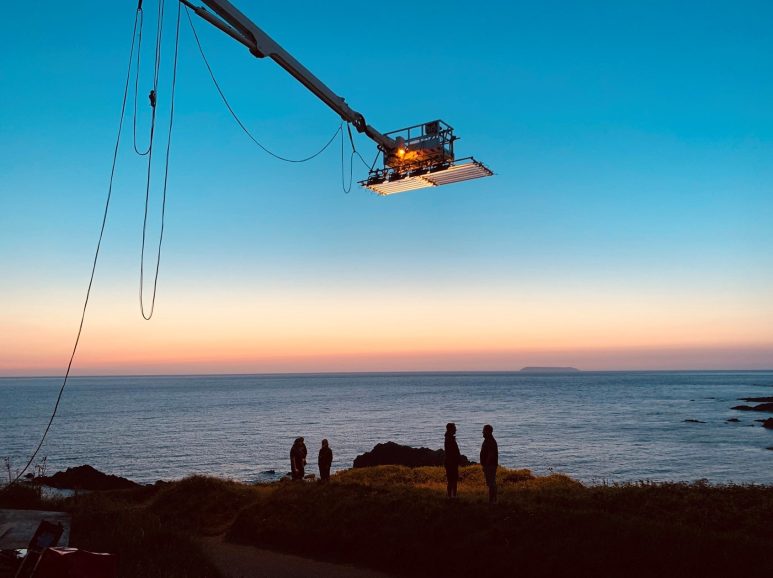
Fresnels are an almost universal desire in the context of lighting in 2023, mentioned by several of the people quoted in these pages. Meanwhile, the efficiency of modern equipment has provoked some changes in approach which weren’t so widely anticipated. White contends that “lighting is less… blunt. We go down on some lamps to half a percent. You look at a volume knob, instead of having one to five, you’ve got point one, point two. The low end has become much more tuneable. The result is that if you looked at certain films and you did them ten years ago, and if I did them with LED now, they’d look so different.”
Perhaps the influence of technology on technique is inevitable in such a technical field, unexpected as it may be. Meanwhile, the whole film industry had decades of experience with lighting of poor colour quality, though White contends that LEDs are now generally good enough to satisfy even the pickiest clients, at least given some situationally specific tinkering.
Controllability is good; complexity isn’t always as welcome, and White hints at a fondness for the simplicity of classic approaches. His analogy is “Amplifiers. When you buy your first amp, it has all these buttons and equalisers. Then you go massive and spend a fortune on an amp and you think, ‘I thought I’d get more buttons and I got less!’ On most LEDs I’d take half the buttons off it.” The idea, it seems, is to free up some sheer human endeavour for other ends. “We’ve opened a box of tricks, which is great, and because I’ve been doing it for 25 years, starting out with very rudimentary lighting, it’s amazing. But let’s have a hard light. Let’s put our effort into that.”
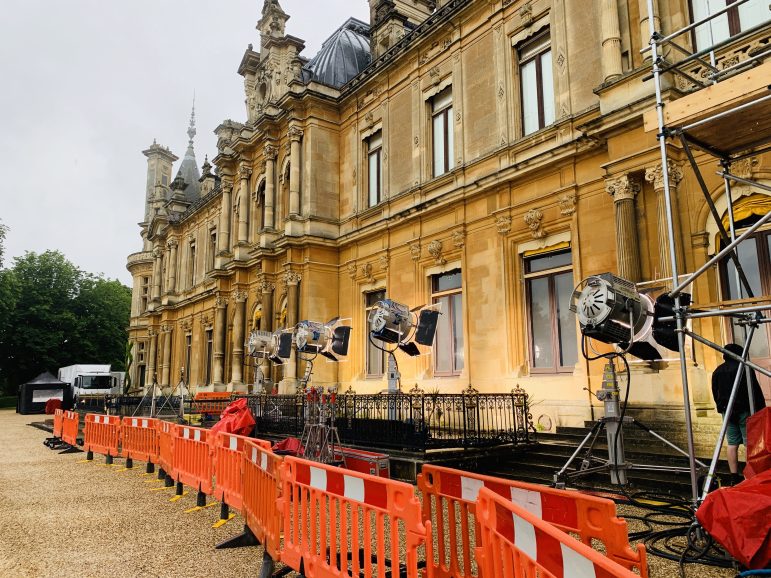
–
Words: Phil Rhodes

